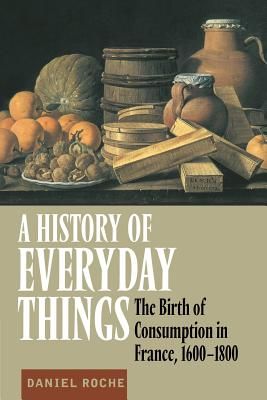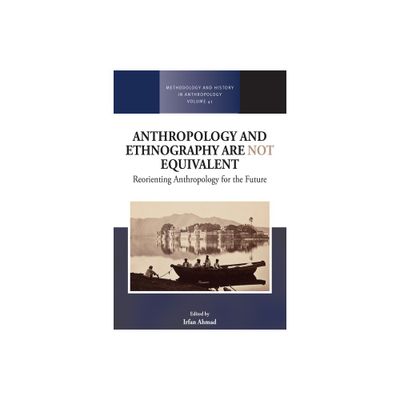Home
Globalising Everyday Consumption India: History and Ethnography
Loading Inventory...
Barnes and Noble
Globalising Everyday Consumption India: History and Ethnography
Current price: $180.00


Barnes and Noble
Globalising Everyday Consumption India: History and Ethnography
Current price: $180.00
Loading Inventory...
Size: Hardcover
*Product Information may vary - to confirm product availability, pricing, and additional information please contact Barnes and Noble
This book brings together historical and ethnographic perspectives on Indian consumer identities.
Through an in-depth analysis of local, regional, and national histories of marketing, regulatory bodies, public and domestic practices, this interdisciplinary volume charts the emergence of Indian consumer society and discusses commodity consumption as a main feature of Indian modernity.
Nationalist discourse was shaped by moral struggles over consumption patterns that became a hallmark of middle-class identity. But a number of chapters demonstrate how a wide range of social strata were targeted as markets for everyday commodities associated with global lifestyles early on. A section of the book illustrates how a new group of professionals engaged in advertising trying to create a market shaped tastes and discourses and how campaigns provided a range of consumers with guidance on ‘modern lifestyles’. Chapters discussing advertisements for consumables like coffee and cooking oil, show these to be part of new public cultures. The ethnographic chapters focus on contemporary practices and consumption as a main marker of class, caste and community. Throughout the book consumption is shown to determine communal identities, but some chapters also highlight how it reshapes intimate relationships. The chapters explore the middle-class family, microcredit schemes, and metropolitan youth cultures as sites in which consumer citizenship is realised.
The book will be of interest to readers from a range of disciplines, including anthropology, history, geography, sociology, South Asian studies, and visual cultures.
Through an in-depth analysis of local, regional, and national histories of marketing, regulatory bodies, public and domestic practices, this interdisciplinary volume charts the emergence of Indian consumer society and discusses commodity consumption as a main feature of Indian modernity.
Nationalist discourse was shaped by moral struggles over consumption patterns that became a hallmark of middle-class identity. But a number of chapters demonstrate how a wide range of social strata were targeted as markets for everyday commodities associated with global lifestyles early on. A section of the book illustrates how a new group of professionals engaged in advertising trying to create a market shaped tastes and discourses and how campaigns provided a range of consumers with guidance on ‘modern lifestyles’. Chapters discussing advertisements for consumables like coffee and cooking oil, show these to be part of new public cultures. The ethnographic chapters focus on contemporary practices and consumption as a main marker of class, caste and community. Throughout the book consumption is shown to determine communal identities, but some chapters also highlight how it reshapes intimate relationships. The chapters explore the middle-class family, microcredit schemes, and metropolitan youth cultures as sites in which consumer citizenship is realised.
The book will be of interest to readers from a range of disciplines, including anthropology, history, geography, sociology, South Asian studies, and visual cultures.


















